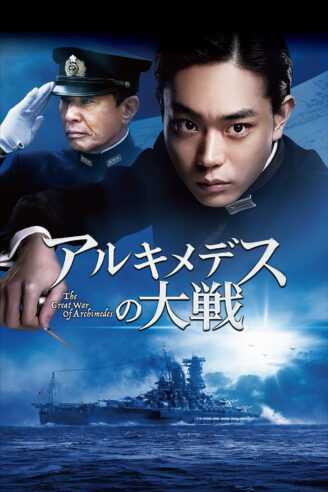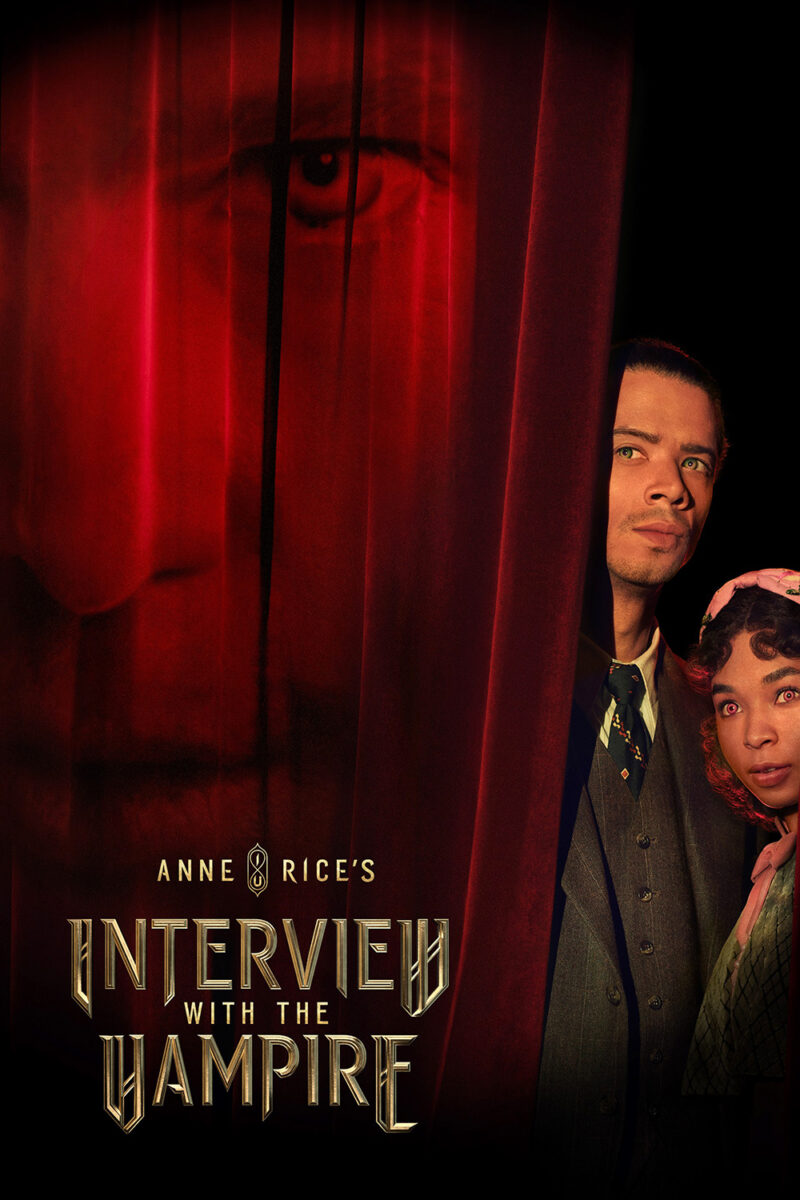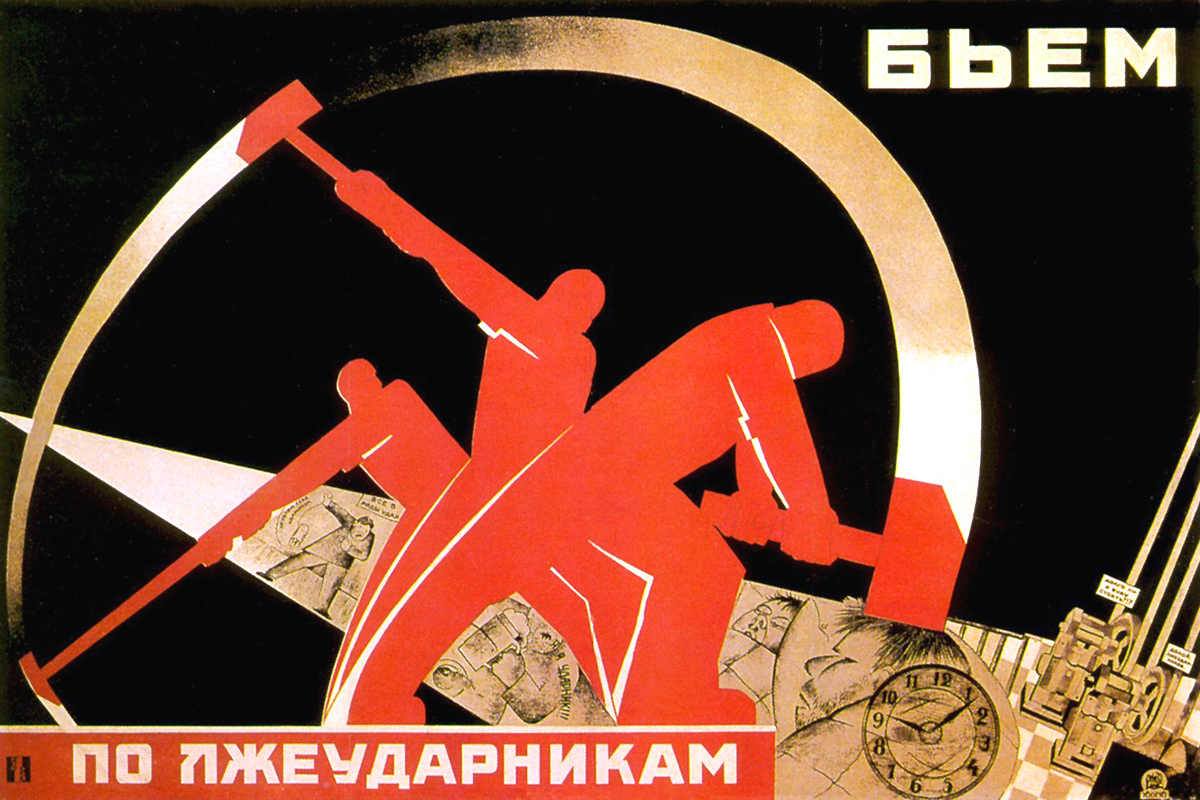As a half-white Filipino American, I am not a neutral reviewer of The Great War of Archimedes, a Japanese movie about the construction of the battleship Yamato. I was raised on stories about the Japanese occupation of the Philippines. My grandfather served as a decoy for the resistance and my great-grandfather was a resistance fighter. A 14 year-old girl was married off to a 40 year-old man, so that she would not be taken as a comfort woman; that union produced an entire branch of my family.
Perhaps that is why, at the end of the film, I recalled that Joseph Goebbels is purported to have said that The Battleship Potemkin could turn anyone into a Bolshevik. The Great War of Archimedes might just convince anyone of the benevolence of the Japanese Empire. It is a deeply problematic, frankly jingoistic film, but one that is doubtlessly well-made and resembles, in isolation, a decent message about humanity.
The Great War of Archimedes starts with the destruction of the Yamato by American warplanes. Despite this explosive beginning, it doesn’t develop into a typical war movie. It is, instead, a drama of bureaucracy, thrilling despite its lack of gunfire or bloodshed.
Prosaically, the conflict is one of clashing personalities within the Imperial Japanese Navy. One faction, led by Tadamichi Hirayama (a fictional character portrayed by Min Tanaka) wants to build a massive battleship. The other, supported by Admiral Isoroku Yamamoto (Hiroshi Tachi), supports pouring this money into a new carrier. Through a strange series of events, Yamamoto’s faction recruits an expelled mathematics student from the University of Tokyo by the name of Tadashi Kai (Masaki Suda), giving him the rank of lieutenant commander and an assistant, Shojiro Tanaka (Tasuku Emoto), to help him navigate the strange new world of the Japanese Navy.
What ensues is a legitimately entertaining thriller, involving little violence and much peering through documents and measuring the dimensions of ships. It becomes a Shōwa-era version of All the President’s Men, wherein two men try to discover the truth in the face of established interests with sinister motives.
The leads, Kai and Tanaka, are a classic cinematic odd couple: the neophyte and the experienced guide trying to navigate an environment crawling with treachery. In isolation, the film is a superb investigation into how bureaucracies are hampered by egos, and how institutions we would want to be noble and dedicated to public service end up self-serving and craven.
The Great War of Archimedes wears its sentiment on its sleeve. To put it bluntly, it whitewashes the origins of World War II in Asia. Kai is initially a student who hates the military and abjures violence, but over the course of the film becomes a Japanese patriot, content to serve its war machine. (To its credit, the film portrays this development in a way that is believable, and Suda brings real pathos to the role.) The Admiralty is portrayed as trying to prevent a miserable war, or at least stop its consequences from hurting Japan too much.
Most frustratingly, this turns the destruction of the battleship Yamato into a sort of doomed, noble sacrifice. I will not say how, and allow the viewer to discover it, but the film would have us believe that the loss of the Yamato was somehow a form of preemptive repentance, a call to peaceability. This is hideously wrong. The Japanese government, military and civilian, invaded China and much of the Far East, the Philippines included, out of greed and lust for glory. It was a cruel, awful war entirely of Tokyo’s making. Its armies raped Nanjing and Manila and many other cities. The war was so brutal that the Japanese puppet army in Burma defected back to the British! I’m reminded of the words of an old gospel song: you may run on for a long time, but sooner or later God (or in this case, Curtis Lemay) will cut you down.
This is why I was so put off by The Great War of Archimedes. It tries to make nobility out of hubris, heroism out of arrogance, and sacrifice out of waste. Despite what some viewers in Japan may prefer to believe, the men on the Yamato died for nothing of value, only the blindness of their superiors.
If this were a movie about Robert E. Lee at Appomattox Court House, it would rightly be slammed for revisionism. As well made as The Great War of Archimedes is, I believe it must be called the same.





5 Comments
Add YoursThe Army was more jingoistic than their Navy…so there was some of that that made it through I hope.
Very well written and indeed, very well reasoned and thought out. Couldn’t agree more, especially from the opening narrative when I thought “something here ain’t right” with history.
I had similar thoughts to reviewer with a definite bias as one a soldier in Vietnam and personally know the cost of war and as the son of who served three years in the army and fought in the phillipines. On the other hand I think
it was very well made for the most part. Course we all know the Yamato being
sunk had no effect on the war, the atomic bomb did that and I very likely owe my birth to the bomb as my dad said they new their next move was to Japan it self. I do believe however that their were surely many common japanese that were not happy with their leadership for war. Seeing your friends and the enemy born apart and dead and mothers and fathers waiting for a loved one to
return that never does takes a lot out of the zeal for war.
I have a very different take on the movie. It’s not a history- it’s a “what if” movie. The fictional protagonist- a brilliant mathematician along with many other characters in the movie including Admiral Yamamoto are all bent on stopping the coming war with the US. Yet they all seem to think such a war is inevitable. The subversive question the movie asks is: why didn’t the Japanese people stop their government from proceeding down the road to war?
This movie isn’t celebrating war- there are plenty of scenes throughout where the destruction of Japan is foreshadowed that make clear the terrible cost of the war on the Japanese themselves. The movie never suggests that there was a way for Japan to win the war against the US- its main thesis is why was the war so certain in the first place?
Alexander Wallace makes the classic mistake of reviewing a movie as if it were a documentary. Another mistake is his personal bias, which, to his credit, he admits to up front. The movie is good entertainment, with a historical background. I highly recommend it.